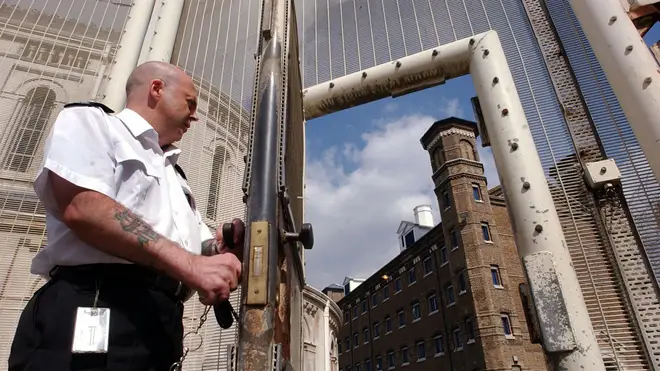
Matthew Wright 7am - 10am
12 February 2020, 05:27

Government ministers are rushing emergency legislation through Parliament to halt the automatic release from prison of terrorist offenders halfway through their sentences.
The Terrorist Offenders (Restriction of Early Release) Bill was introduced to the Commons on Tuesday, and Jacob Rees-Mogg, the Leader of the House indicated ministers expected peers to facilitate its swift passage.
The legislation is expected to pass through the Commons by the end of Wednesday.
The government want to make the legislation law by February 27, which is the date the next terrorist prisoner comes up for release.
The move comes in the wake of the Streatham terror attack when released jihadist Sudesh Amman stabbed two bystanders with a knife he had grabbed from a shop.
Amman had been jailed by counter-terror police for possessing and distributing terrorist documents in December 2018, but was freed midway through his sentence just ten days before his knife rampage.
Just three months earlier convicted terrorist Usman Khan stabbed and killed two people at Fishmongers' Hall near London Bridge in November.
He had been released nearly a year earlier halfway through a 16-year jail sentence.
While the government have less control over the process once it leaves the Commons and reaches the Lords Jacob Rees-Mogg told MPs the need for the legislation to be enshrined in law was clear.
"The urgency and the message coming from this House is very clear to them and therefore I expect them to handle this in a reasonable manner," he told MPs.
The plans, which will affect around 50 prisoners, aim to make sure terrorist offenders serve two-thirds of their sentence before they are considered eligible for release, rather than the current halfway mark.
Before being freed they would need to be reviewed by a panel of specialist judges and psychiatrists at the Parole Board.